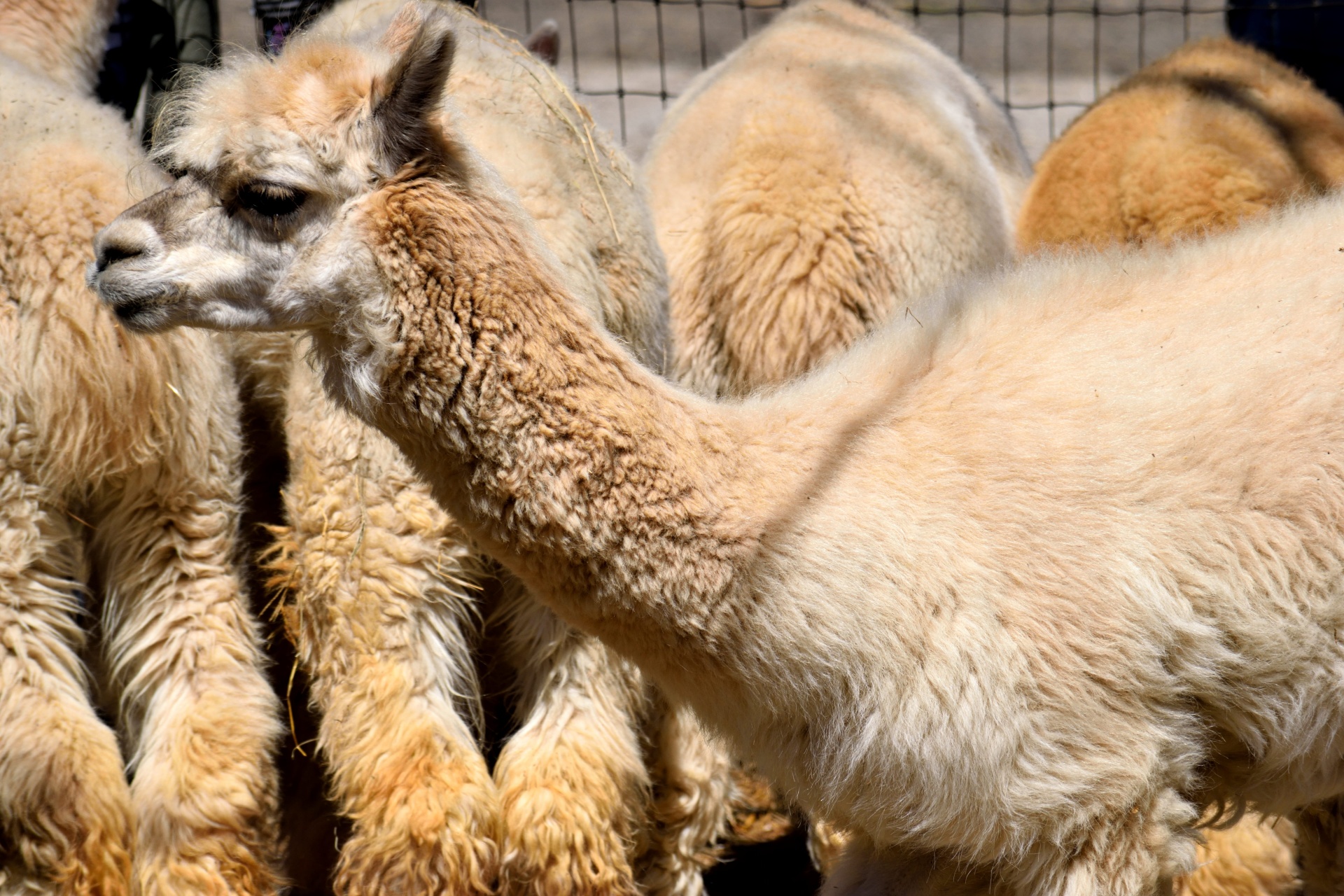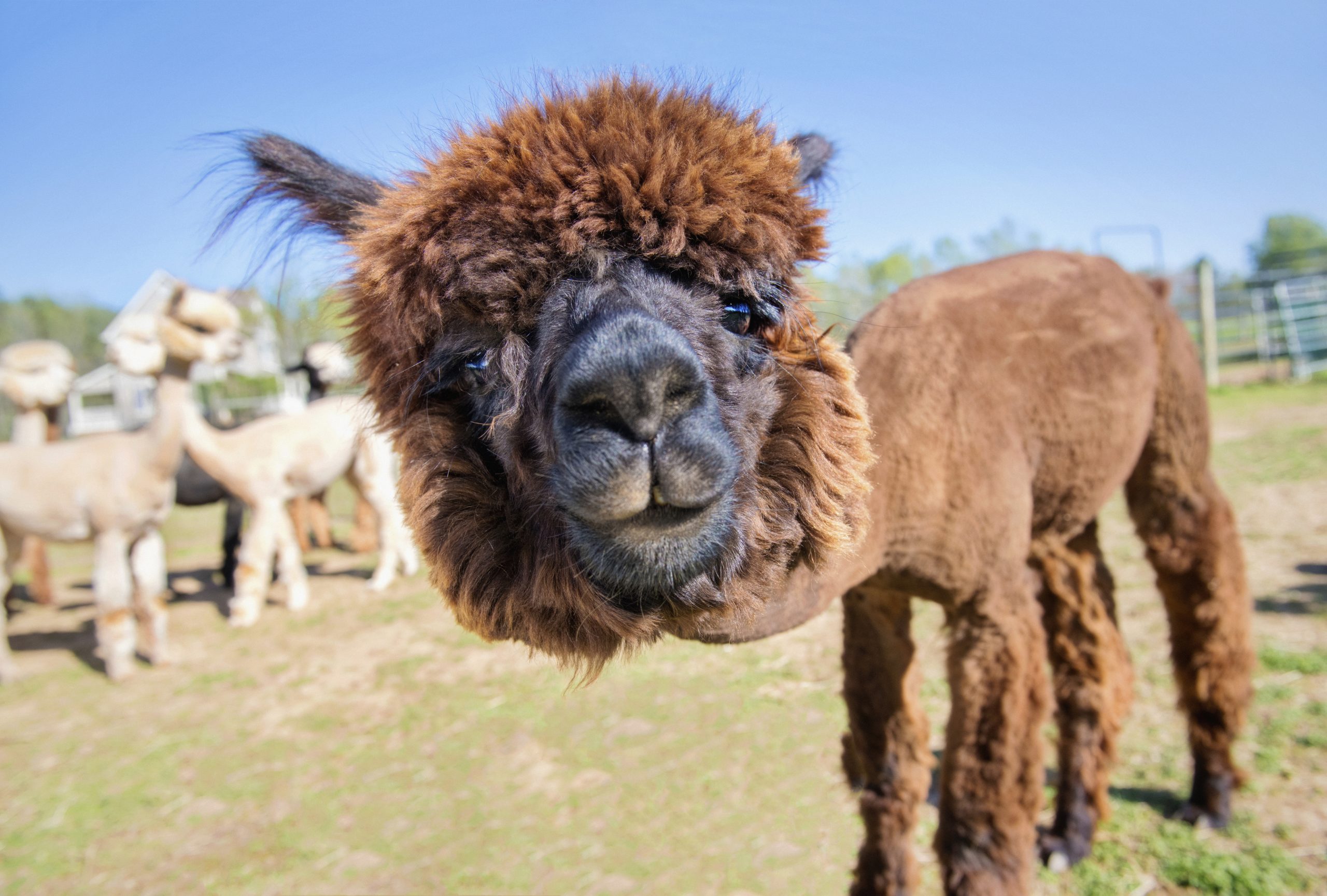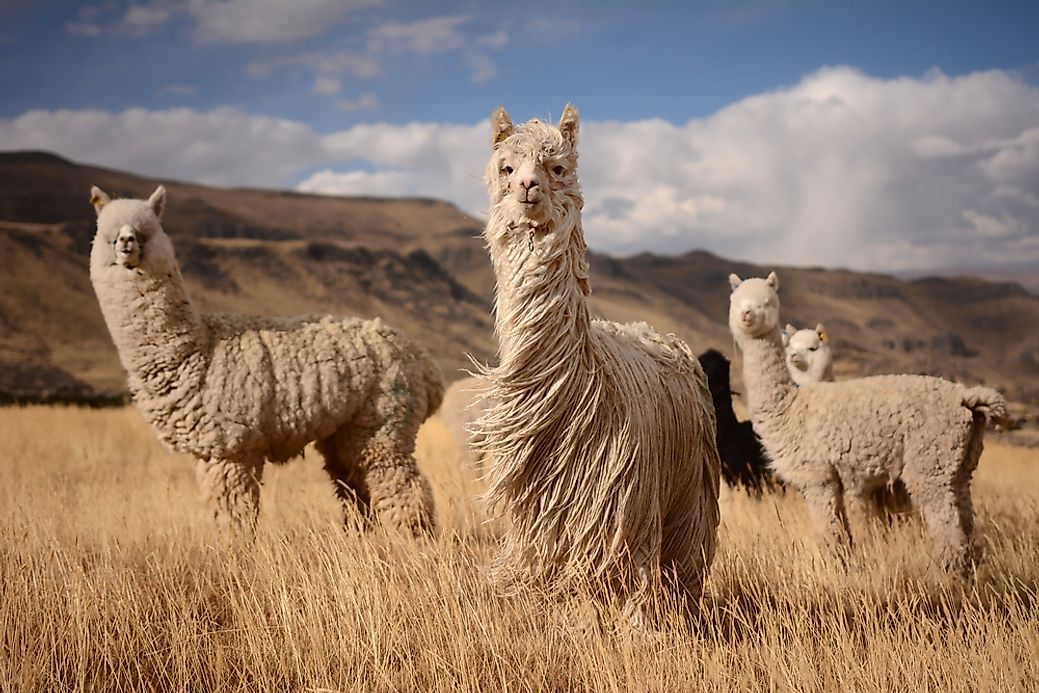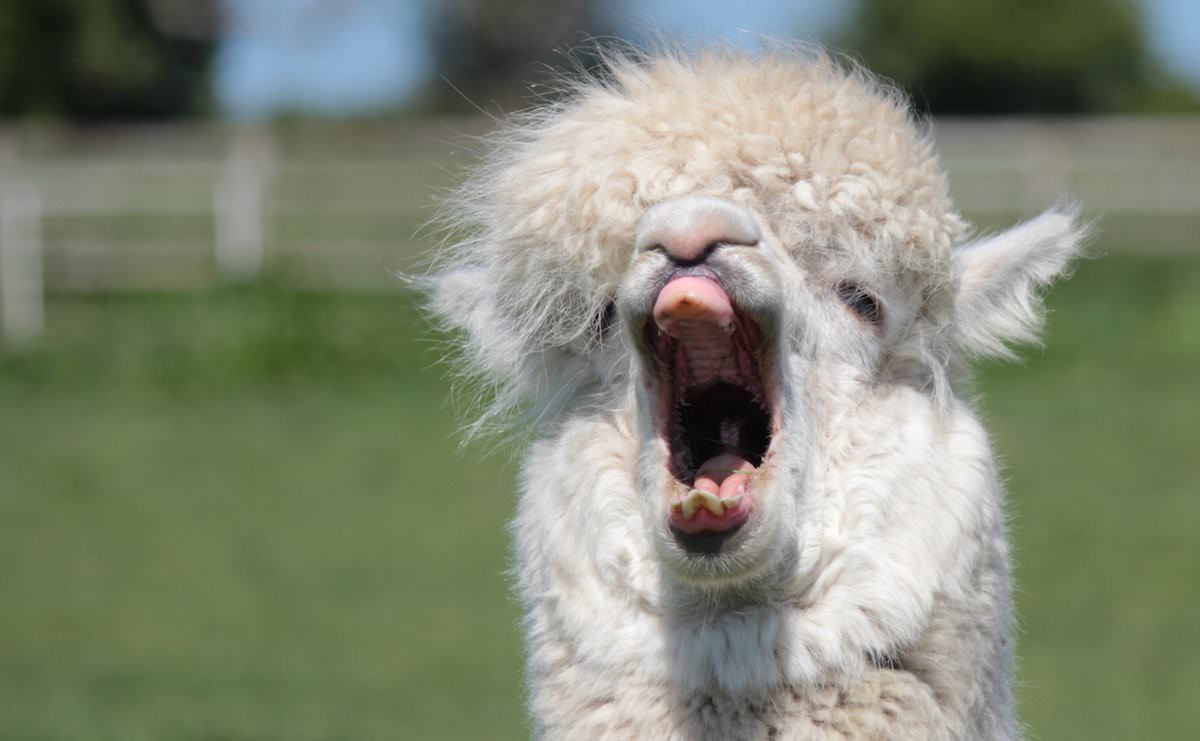Stunning Info About How To Look After An Alpaca

Have labored breathing, coughing, sneezing or a constantly open mouth shake or tilt their head be immobile, inactive or unresponsive to your approach be stretched out or kicking at their stomachs be sitting far more often than usual avoid or be rejected by the rest of the herd
How to look after an alpaca. Pasture and hygiene management while alpacas may seem more rare compared to other small livestock animals, that doesn’t meant they are more difficult to care for. Most alpaca breeders will check on their newborns hourly during this period. These facts provide plenty of clues about how to keep the creatures happy and healthy.
It’s also advisable to give a mineral feed supplement and vitamin d supplement. Prevent other animals, besides your alpaca (or two), from bothering the cria and its new alpaca friend. Improper technique could hurt or permanently injure an alpaca.
A guide to management very useful. This boost can be given once a month during the winter months. It’s soft, warm, and resilient.
Therefore, they produce far more wool than you might expect. Alpacas are relatively easy animals to look after and present few problems. Grooming alpacas need to be sheared at least once a year.
Foot rot and other foot illnesses are common in alpacas. With an orphaned alpaca, you have to be extra careful. You will need to make sure that they stay warm and that the bond with their mom.
Good grass, access to hay all year round, and clean drinking water. Bring the strap round the back of the neck, close to the ears & fasten. Excellent wool first, alpacas produce some of the best wool in the world.
Learn how to look after alpacas. Check the headcollar fits properly and is not squashing the nose. Alpacas are very often confused with llamas (much to their annoyance) but in fact they are a much smaller animal and their head and ear shape are very different to.
Alpaca droppings are small, hard and dry and do not attract swarms of flies. Read on to learn more about the specifics of alpaca care. While these behaviors are not always easy to identify, careful observation may give you an advanced warning that your alpaca will soon enter labor.
They are ungulates, a group of large hooved mammals that also. In areas that have a long cloudy season, or minimal sunlight during the winter, alpacas may need a boost of vitamin d during the winter. Their mom should keep them warm at night unless they are sick.
They have been bred to overgrow their wool. Supervise the visit, but hold back from interfering unless you sense your cria is in danger. We have found gina bromage's llamas and alpacas:
















